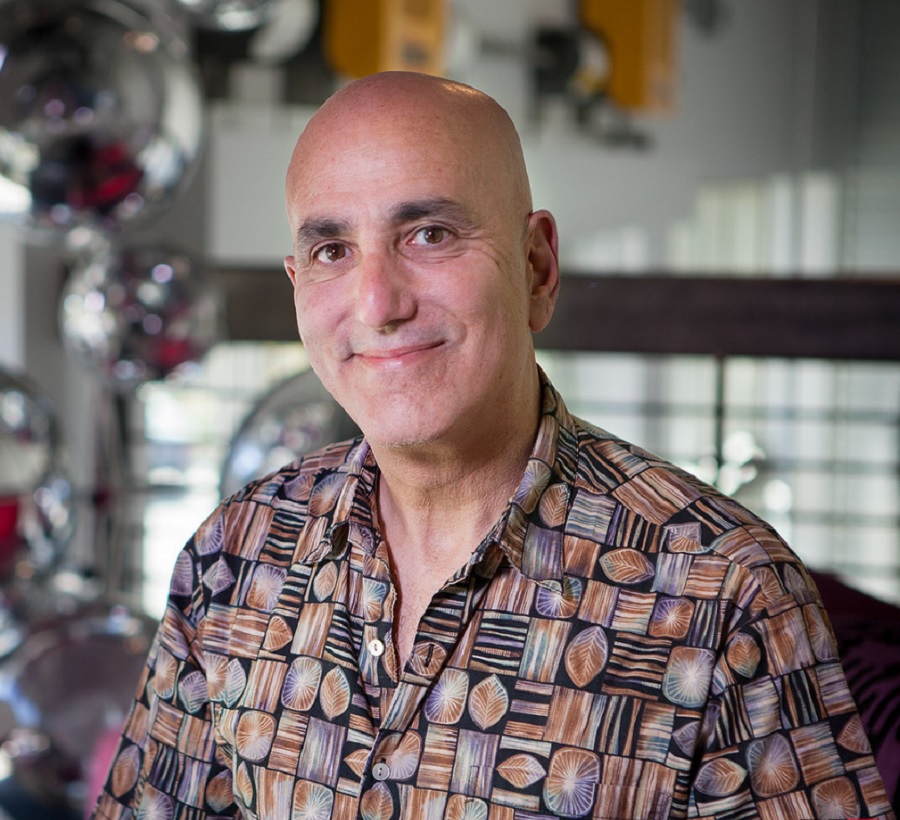It may surprise you that Google had a chief game designer, as it doesn’t really make games. And that may also explain why Noah Falstein has announced that he resigned his job at Google.
Falstein said in a blog post that his last day at Google was today, April 6. He said he is looking forward a new challenge making games.

Unlock premium content and VIP community perks with GB M A X!
Join now to enjoy our free and premium membership perks.
![]()

![]()